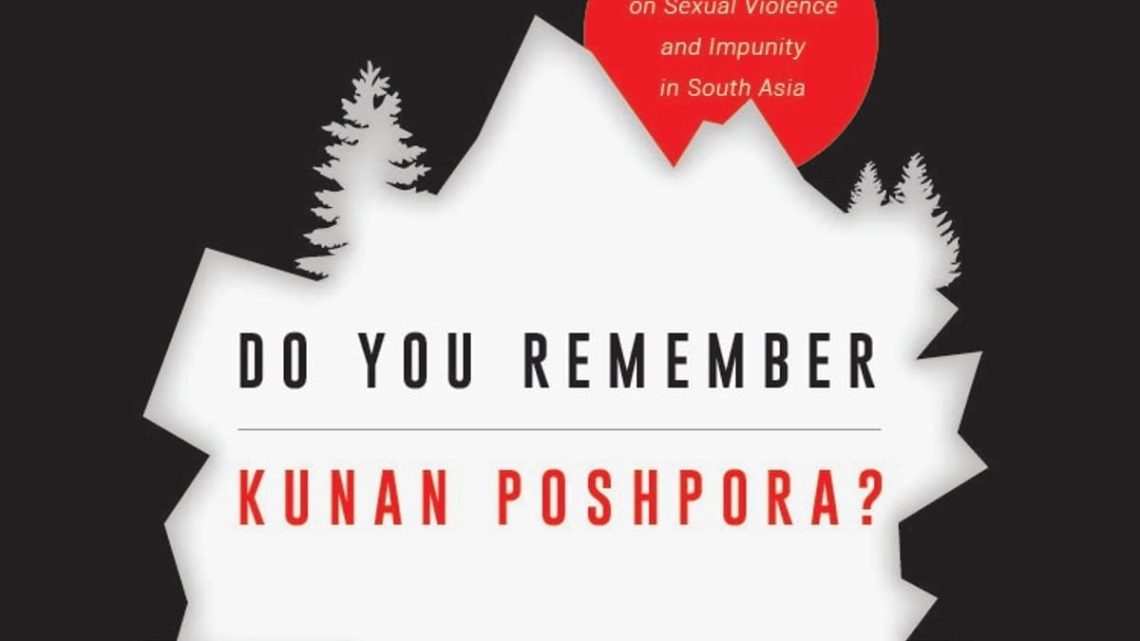
Review on ‘Do you Remember Kunan Poshpora’ Book
October 19, 2024In an act of courage, five Kashmiri women scholars have published “Do You Remember Kunan Poshpora.” This book confronts the horrifying mass rape perpetrated by Indian forces in 1991.
Set in the Kupwara district of Indian illegally occupied Jammu and Kashmir (IIOJK), the book exposes a series of horrible incidents. It reveals the brutal acts of violence against women, often overlooked in the broader narrative of conflict. Edited by Essar Batool and part of the Zubaan Series on “Sexual Violence and Impunity in South Asia,” this paperback edition continues to shed light on an ongoing crisis.
The preface powerfully states: “This book is about one night in two villages in Kashmir.” A night that haunts survivors for over two decades. It speaks of unimaginable violations and the relentless oppression that defines their reality. The authors share stories filled with courage, defiance, and a yearning for truth.
These five women have thoroughly gathered evidence, untwisting the knots of deceit surrounding the Kunan-Poshpora tragedy. They expressed deep into a setting riddled with lies and botched investigations. Their mission: to restore hope and trust among the survivors.
In the book, the authors write about that fateful night of February 23, 1991, soldiers from the Indian army’s 4 Rajputana Rifles regiment descended upon Kunan and Poshpora, inflicting horror on the villages and tells that nearly 100 women fell victim to this heinous act.
Dr. Ghulam Nabi Fai, of the World Kashmir Awareness Forum, claims that the Indian Army has gang-raped over 10,000 women since 1991. Such statistics are not mere numbers; they signify a systemic pattern of violence and impunity. The plight of Kashmiri women, especially those subjected to these atrocities, demands urgent attention.
Women in Kashmir rightfully question the inaction of international bodies like CEDAW and the UN. They wonder why the “Special Rapporteur on Violence Against Women” remains silent amid state-sponsored violence. Their cries for justice echo in a void, leaving them feeling abandoned and unheard.
This book serves not just as a chronicle of past events but as a clarion call for justice. It forces us to confront the uncomfortable truths about gender violence in conflict zones. Kunan and Poshpora are not mere historical footnotes; they are a testament to the enduring struggle for recognition and justice.
“Do You Remember Kunan Poshpora” is a powerful indictment of systemic violence. It challenges the world to acknowledge the suffering of countless women. In a world where silence often reigns, this book amplifies voices that demand to be heard. The fight for justice continues, and it’s high time the international community takes notice.

